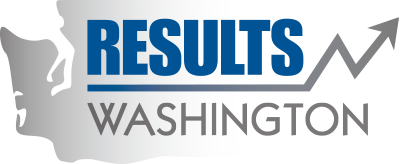Archived: Increase the percent of animal health trace events completed within 24 hours
Animal disease traceability, or knowing where diseased and at-risk animals are, where they've been, and when, is very important to ensure a rapid response when animal disease events take place. An efficient and accurate animal disease traceability system helps reduce the number of animals (livestock) involved in an investigation, reduces the time needed to respond, and decreases the cost to producers. Safe food starts with healthy livestock.
Traceability is one factor that has increased consumer confidence with a safe food supply. Currently most of our traceability information received is in a paper format, increasing the time to accomplish a trace. Having livestock traceability information available electronically will allow animal health officials to shorten their investigation time, reducing the economic impact to our agriculture communities.
We are developing an electronic animal disease traceability system that encompasses both veterinary and livestock inspection information. Incorporating electronic technology to gather livestock inspection information will allow us to complete trace backs in hours instead of days. This will allow response efforts to be focused on specific movements and ultimately reduce the impact of the disease outbreak.
An outbreak of any livestock disease could have devastating effects on animals, the economy and potentially the food supply. You can and should become knowledgeable about diseases in livestock and know when and who to call for help. You should also be aware of and comply with all animal movement and change of ownership requirements. Meeting these requirements will reduce the length of any disease event and reduce the impact on food supply and animal suffering. Please contact your veterinarian or Washington State University Extension for more information on specific diseases that may affect you livestock.
